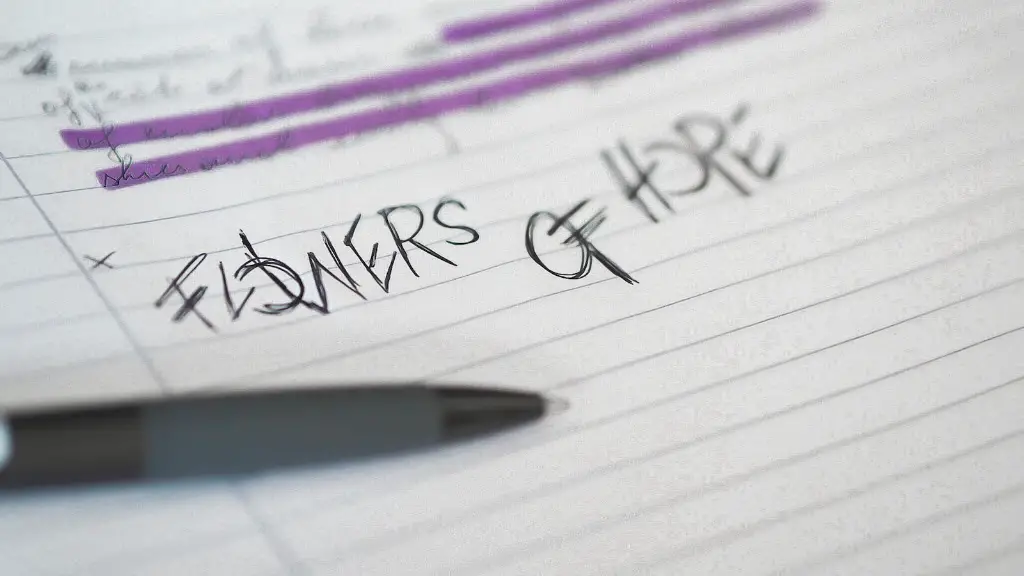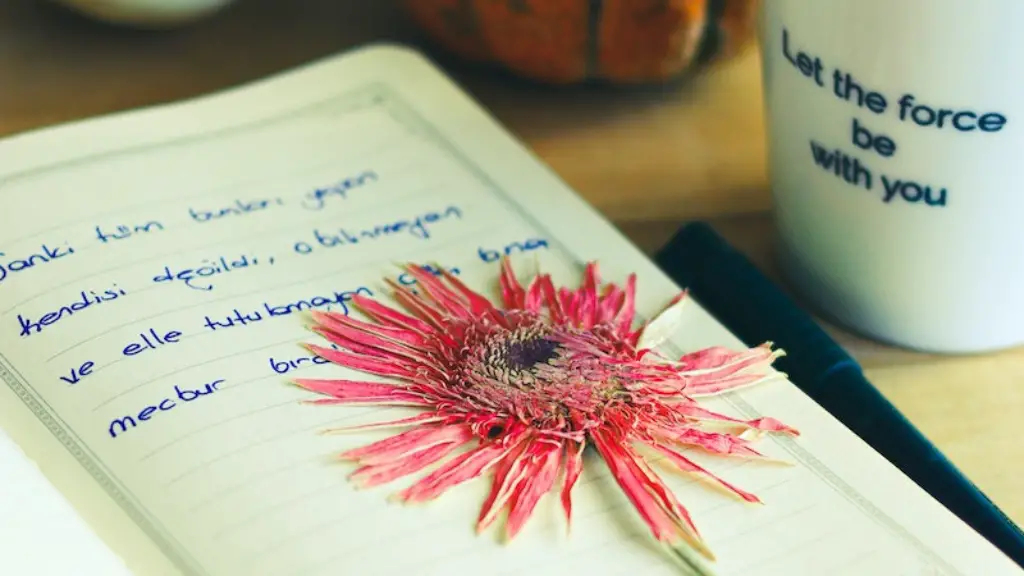Literary Value of Poetry
Poetry is a form of literature that has been around since the dawn of time. It has been used to convey emotion, tell stories, and express philosophical thoughts. Poetry can be classified as either a lyrical or narrative style of writing. Poetry, as a form of literature, is often considered to be more artful and expressive than other writing forms. The use of devices such as rhythm, imagery and figurative language gives poetry an emotional impact that other forms of writing lack. This makes it an effective way of expressing one’s thoughts and feelings.
In the past, poetry has been used as a form of communication by political leaders, religious authorities and artists alike. It has acted as a source of spiritual counsel and as a platform for political protest. Poetry has also been used in courts of law to deliver verdicts, in religious ceremonies to convey beliefs and even as entertainment at banquets. Even today, poets can be found in all walks of life.
Cultural Impact of Poetry
Poetry has had a major impact on many cultures over the centuries. It has shaped the course of history, had a direct effect on the way people think and act, and continues to be reflected in the laws and societal norms of today. For example, ancient Greek epics such as the Odyssey and the Iliad have inspired countless works of literature and art. Similarly, the writings of Renaissance thinkers such as Dante and Petrarch have impacted the development of Western culture.
Even today, poetry continues to have an impact on people’s lives. Poems are used in schools to teach children about the world and to help them develop their own individual views. They can also be important tools for social change and for inspiring people to take action.
Educational Value of Poetry
Poetry serves an important educational purpose in the modern world. It is often used in classrooms to stimulate students’ creativity and to get them thinking about different topics. For example, students may be asked to analyze a poem in terms of its message or its use of figurative language. This encourages them to think critically and to develop their own views on the subject matter. Similarly, teachers may use poetry as a teaching tool to help students understand difficult concepts.
Poetry is also a valuable tool for building vocabulary. Many poems contain words that may not otherwise be encountered in everyday speech. As a result, students are able to expand their English vocabulary and become more proficient in their use of language.
Therapeutic Value of Poetry
In recent years, poetry has become increasingly popular as a way of processing emotions and working through difficult life experiences. Writing and reading poems can offer relief from the stresses of day-to-day life and provide an opportunity for self-reflection. For those in recovery from mental or physical illness, poetry can provide a powerful way of interpreting and understanding their experiences. In this way, it can be an essential part of the healing process.
Writing poems can also be a way of giving voice to certain topics or experiences that would otherwise be difficult to put into words. Poetry can give those who are struggling a platform to express themselves without fear of judgement. Similarly, the act of reading a poem can evoke empathy and understanding in those who need it most.
The Power of Poetry
One of the most beautiful things about poetry is its power to move and inspire people. Poems can be enjoyed for their beauty and craftsmanship, but they can also be transformative and life-changing. They can prompt new levels of self-awareness, spark changes in personal and social consciousness, and create a feeling of understanding and connectedness.
The power of poetry lies in its ability to communicate deeply personal feelings and experiences in ways that can affect generations. By conveying powerful emotions and messages through artistic language, poetry can help us to better understand ourselves and the world around us.
Limitations of Poetry
Despite its power and potential, poetry also has some limitations. It is often ambiguously phrased, leaving readers to interpret the message in different ways. This can be a strength; however, it can also lead to misunderstandings or misinterpretations. Additionally, poetry may not be the best form of communication for complex topics or detailed arguments. For this purpose, more structured forms of writing such as essays or reports may be more appropriate.
Appreciation of Poetry
In order to truly appreciate the value of poetry, one must be willing to explore the many nuances and layers of meaning contained within the form. By recognizing its potential to move and shape people’s views, we can gain insight into how poems can be used to benefit both ourselves and society. Whether used as an outlet of expression, a source of inspiration, or an aid to recovery, poetry can offer so much to those who take the time to comprehend its meaning and appreciate its beauty.
Forms and Genres of Poetry
Poetry is an incredibly versatile form of writing. It can come in many different forms and styles, from traditional ballads and sonnets, to modern haikus and free verse. It can also be divided into various genres, from romantic love poems to absurdist nonsense verse. Additionally, there are many more creative ways of writing and exploring poetry. For example, slam poetry is a popular form that is delivered in performance to a live audience. Writers can also incorporate music, visuals, and multimedia into their work.
Formation of Poetry
Creating a poem is a complex process that requires a great deal of skill and experience. Writers must take many factors into consideration when forming their works, such as using the right words in the right places, developing a rhythm and flow, and finding the right balance of structure and abstraction. Additionally, they must also try to capture their ideas and emotions in a way that resonates with readers. This is far from an easy task, but those who succeed can create powerful works that will live on in the minds of their readers long after they have been read.
Conclusion of Poetry
Poetry is an incredibly powerful and versatile form of writing that has the potential to move people in profound ways. It can be used to express emotions and ideas, tell stories, and help us to better understand the world around us. From its ancient origins to its contemporary relevance, poetry continues to evolve and be appreciated by new generations of readers and writers alike. Whether read in a traditional or unconventional manner, poems can offer us a new perspective on life, and the power to create change.


